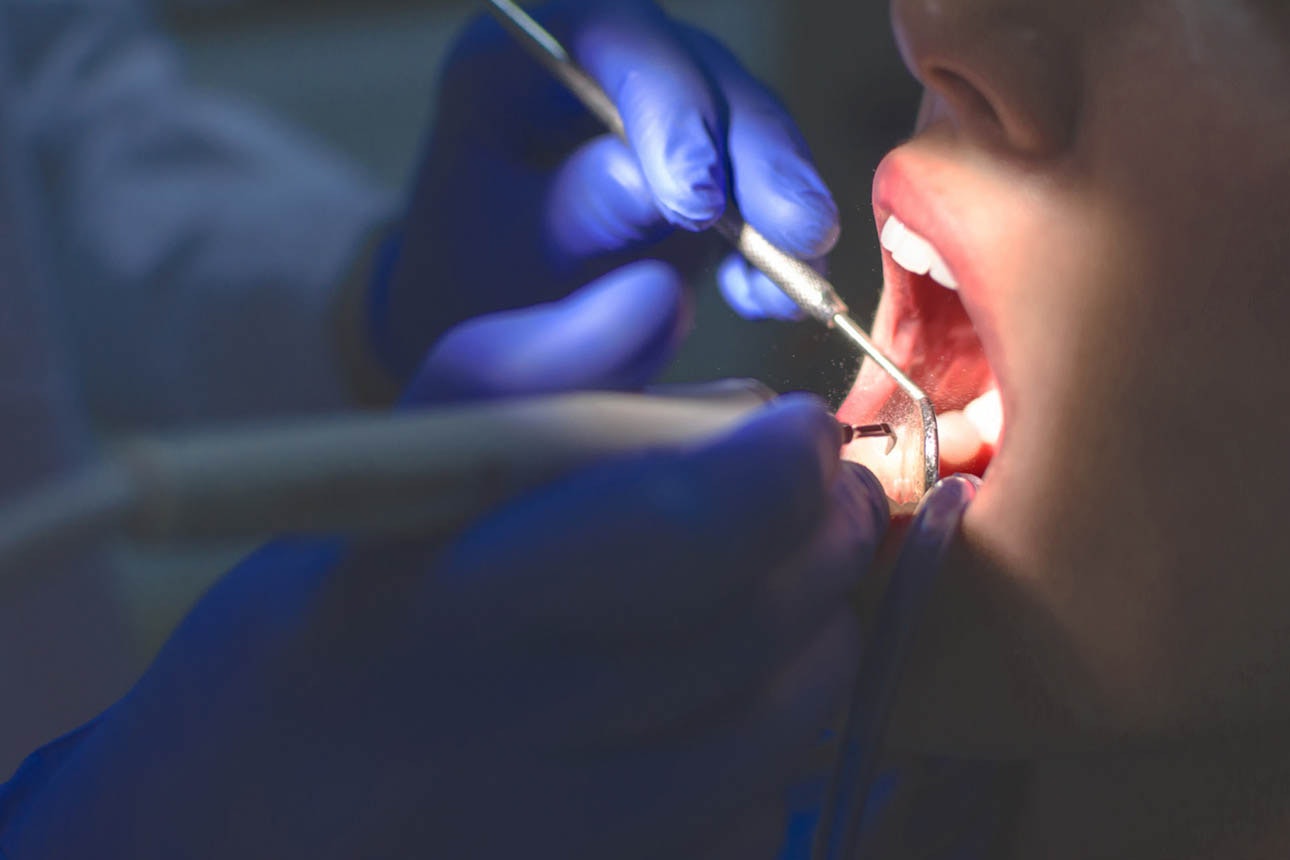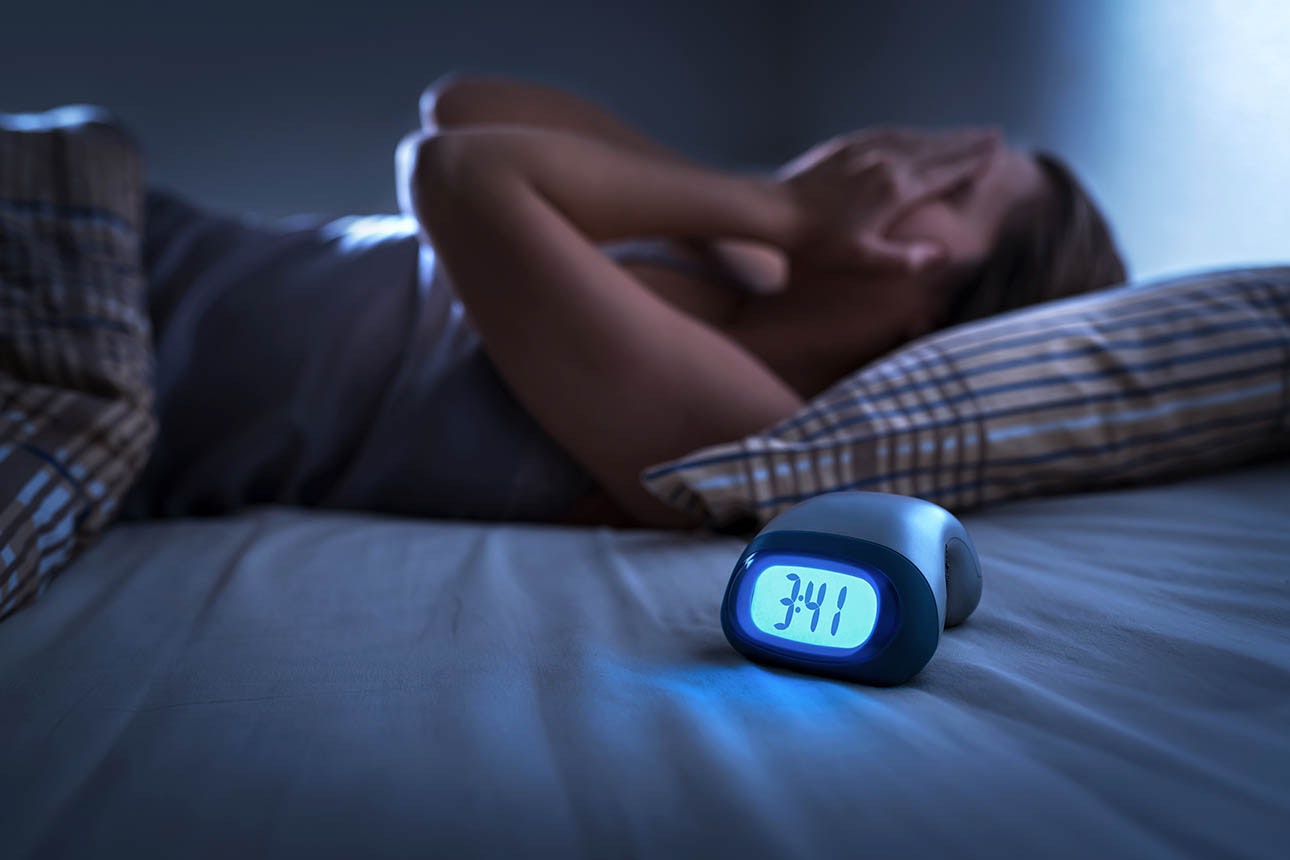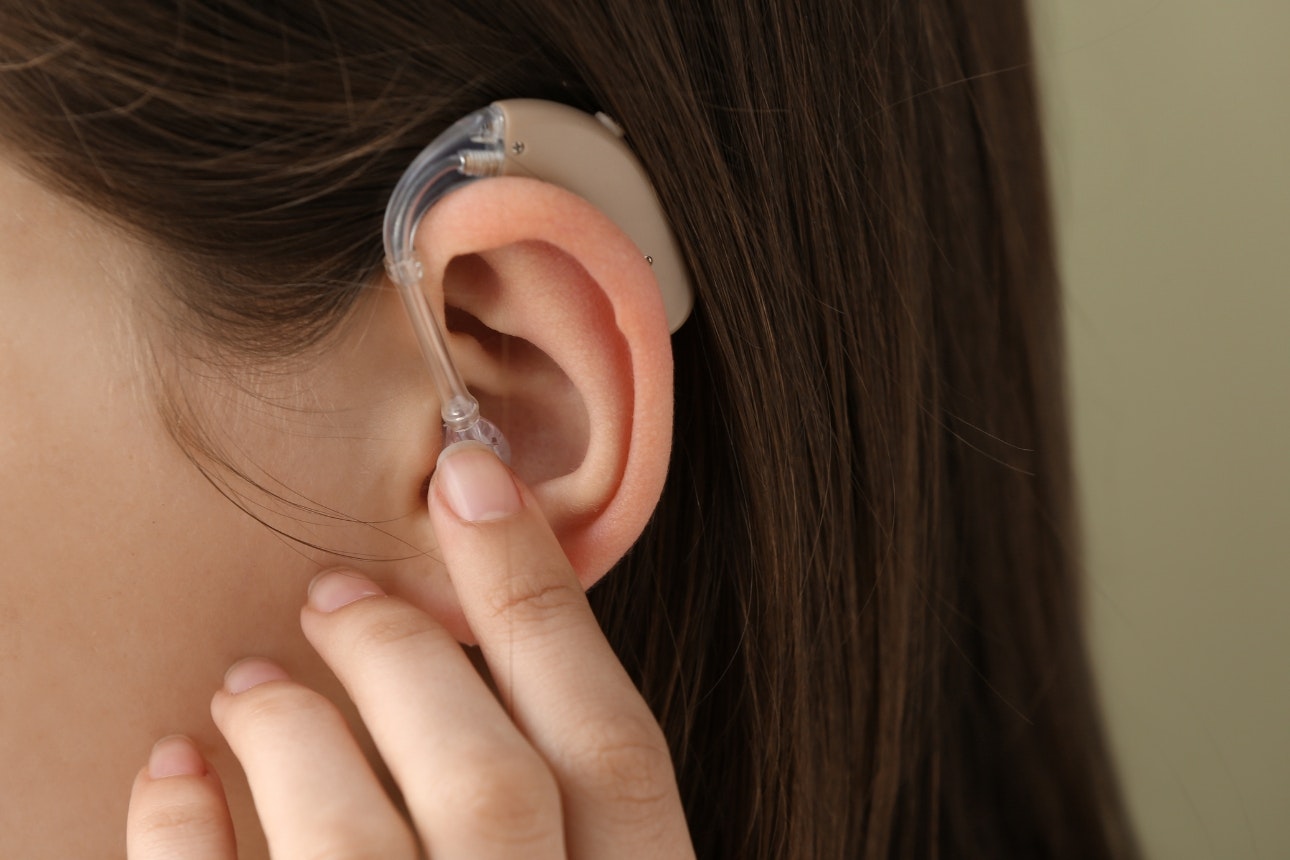We all know a trip to the dentist can be expensive but there are simple steps you can be taking right now (for free) that could save you both money and pain.
Wellington-based oral health therapist Alaina Kalyan shares her top preventative dental care tips.
1. Spit, don’t rinse
Rinsing your mouth after brushing only washes away all that fluoride, which your teeth need to protect them from tooth decay and erosion.
After brushing, spit the toothpaste out, don’t rinse, and wait for 60 minutes before eating.
2. You’re probably brushing too hard
There’s a myth that harder brushing equals better cleaning. But overbrushing can lead to toothbrush abrasion, sensitive teeth and receding gums.
When you brush too hard, you can wear down the outer layer of your teeth over time. Almost everyone should be using a soft head toothbrush to be gentle on teeth and gums.
Kalyan said: "Choose a soft manual toothbrush (my favourite is Colgate Cushion Clean) or an electric brush (my favourite is any oralB that has a pressure sensor with the sensitive toothbrush heads) and get your oral hygienist/dental hygienist to show you the correct technique. You don't want to overbrush or underbrush”.
3. Floss
You knew this was coming, yes you do have to floss every day. There’s a misconception that if you floss your gums will bleed. Some people avoid flossing for this very reason.
However, Kalyan said: "Gums shouldn't bleed when you have a good homecare routine in combination with regular hygiene and dental appointments".
Flossing removes plaque, which left untouched turns into tartar (this needs to be professionally removed by a dental hygienist/oral health therapist or dentist) and can lead to gum disease. By flossing regularly you’re keeping your gum tissue healthy which means no blood, she said.
4. Don’t brush after eating
If you brush your teeth straight after eating, you’re just spreading the acids and sugars over the enamel.
“Wait 60 mins after eating or drinking to brush your teeth as the acids from the food and drink can weaken the enamel and brushing straight after can be abrasive," Kalyan said.
If you’re worried about dark food and drink staining your teeth, simply rinse your mouth with water after eating. This also neutralises the acids found in things like black coffee and red wine.
5. Neutralise those acids
Consider how much acids are in your diet. Some fruit, tea, coffee, wine and fruit juice are high in acids. A moderate intake can cause enamel to erode. Erosion can cause sensitivity and make the teeth more susceptible to getting cavities.
After consuming something acidic, rinse your mouth with water or have a glass of milk. Non-fermented dairy products and other calcium-rich foods can help balance the acidity. Chewing sugar free gum (preferably one with Xylitol in it) increases the pH of your saliva which helps too. Many vegetables are alkaline and work in the same way.
A hot tip for red wine drinkers is to eat a piece of cheese with your wine – the cheese will neutralise the acidity that erodes your teeth.
“The investment of regular dental appointments with your dentist and oral health therapist/dental hygienist combined with a tailored homecare routine can help you keep your smile for life. This preventative care investment can also mean that over your lifetime you spend less money on your overall oral health,” Kalyan said.
Basic dental services are free until you’re eighteen. If you need dental care after eighteen, and you're on a low income or have a disability, illness or injury, you can apply for government help.
Find out more here: Dental care | New Zealand Government (www.govt.nz)


